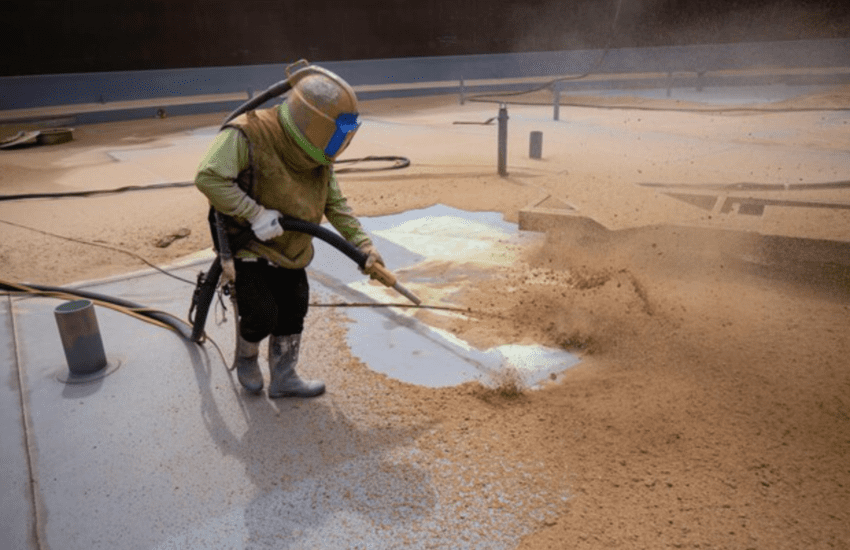
Porcelain tiles are a popular choice for home decor because of their durability and low maintenance requirements. Compared to ceramic tiles, porcelain tiles have several advantages, including higher resistance to wear, water absorption, and a higher level of color retention. These benefits make them an excellent option for kitchen floors and countertops.
Durability
Porcelain tiles are an excellent choice for your flooring. They are durable, easy to clean, and long-lasting. These tiles are resistant to stains and scratches and are also fireproof.
Porcelain is made of clay, fired at a higher temperature than ceramic tiles. This process gives them a rugged, non-absorbent surface. It’s also less porous than other ceramic types, making it ideal for splash-free areas.
Porcelain tiles are popular in commercial settings, such as offices and restaurants. These 2cm porcelain tiles are perfect for countertops or heavy-traffic areas.
Although these tiles are quite durable, they need maintenance and periodic resealing. However, it’s much easier to clean porcelain than other types of tile. You can sweep or vacuum regularly to keep loose debris off the floor.
The price varies with the quality of the materials used, but high-quality ceramic tiles can be just as expensive as their porcelain counterparts.
Ease of Care
Porcelain tiles are considered the most durable and long-lasting tile available today. These tiles are manufactured from high-quality components, which helps them withstand daily wear and tear. They are also fireproof and resistant to staining and water damage. In addition, they are easy to maintain.
Porcelain tiles are typically used in various home and business settings, such as entryways, kitchens, and bathrooms. Their strength and durability make them ideal for heavy-use areas. However, these durable tiles can be prone to staining, especially if you have light-colored porcelain.
The simplicity of maintenance is one of the porcelain’s most important advantages. Since it’s almost impossible to scratch or crack, you won’t have to worry about your tiles falling apart. You’ll be able to scrub off stains with ease, and you’ll be able to wipe off the water from your sink without leaving a mark.
Another benefit of porcelain tile is the fact that it looks good. Not only does it come in a variety of colors, but it also comes in a wide range of shapes. The different styles of porcelain can be used to match any style.
Water Absorption Rate
Porcelain tiles are highly resistant to water, and their low absorption rate makes them ideal for use in exterior applications such as facades and pavements. However, they can be susceptible to food stains.
There are four main types of porcelain tiles: non-vitreous, semi-vitreous, vitreous, and impervious. Each class has a different water absorption rate.
A non-vitreous tile has a higher water absorption rate. Its water absorption is usually more than 7.0 percent. This makes it an excellent choice for interior spaces that aren’t exposed to high moisture levels. On the other hand, there are better options for outdoor applications.
A semi-vitreous tile has a water absorption rate between 0.5 and 3.5 percent. This type of tile is not recommended for flooding or heavy rainfall areas. The impervious category is a subset of the semi-vitreous category.
Both ceramic and porcelain tiles are manufactured with baked clays. They are glazed to make them frost-resistant. Ceramic tiles absorb more water than porcelain.
Resistance to Wear
Porcelain tiles are an excellent choice for high-traffic areas. These flooring products are hard-wearing and have a long service life. You can choose from various styles and colors to fit your needs.
Ceramic tile is one of the most widely used building materials in the construction sector. In fact, it is often used for outdoor decoration as well. It is made of a unique combination of fine kaolins and clays. Tiles are then fired at a higher temperature than other ceramics. The result is a dense, durable material that does not retain dirt.
Porcelain tile is also highly resistant to scratches and stains. This is because the tiles are less porous. They are also easier to clean. You can use specially designed cleaners to maintain the pristine appearance of your porcelain tile floors.


